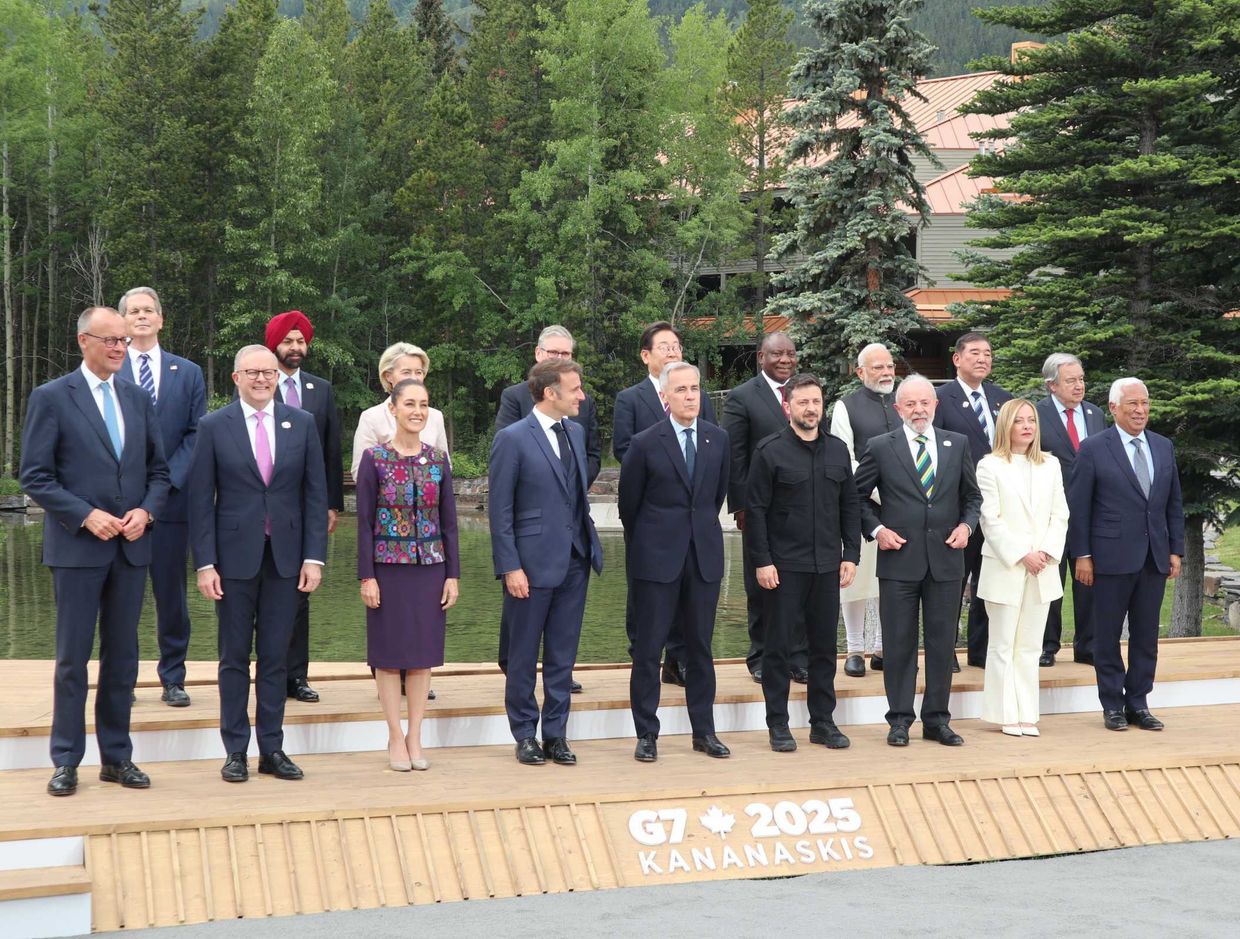
G7 allies push for stronger Russia sanctions as Trump resists, Bloomberg reports
The debate over sanctions comes as intensified Russian strikes on Ukraine killed at least 14 people and injured 117 in Kyiv overnight on June 17.
Team

Olena Goncharova is the Head of North America desk at The Kyiv Independent, where she has previously worked as a development manager and Canadian correspondent. She first joined the Kyiv Post, Ukraine's oldest English-language newspaper, as a staff writer in January 2012 and became the newspaper’s Canadian correspondent in June 2018. She is based in Edmonton, Alberta. Olena has a master’s degree in publishing and editing from the Institute of Journalism in Taras Shevchenko National University in Kyiv. Olena was a 2016 Alfred Friendly Press Partners fellow who worked for the Pittsburgh Post-Gazette for six months. The program is administered by the University of Missouri School of Journalism in Columbia.

The debate over sanctions comes as intensified Russian strikes on Ukraine killed at least 14 people and injured 117 in Kyiv overnight on June 17.
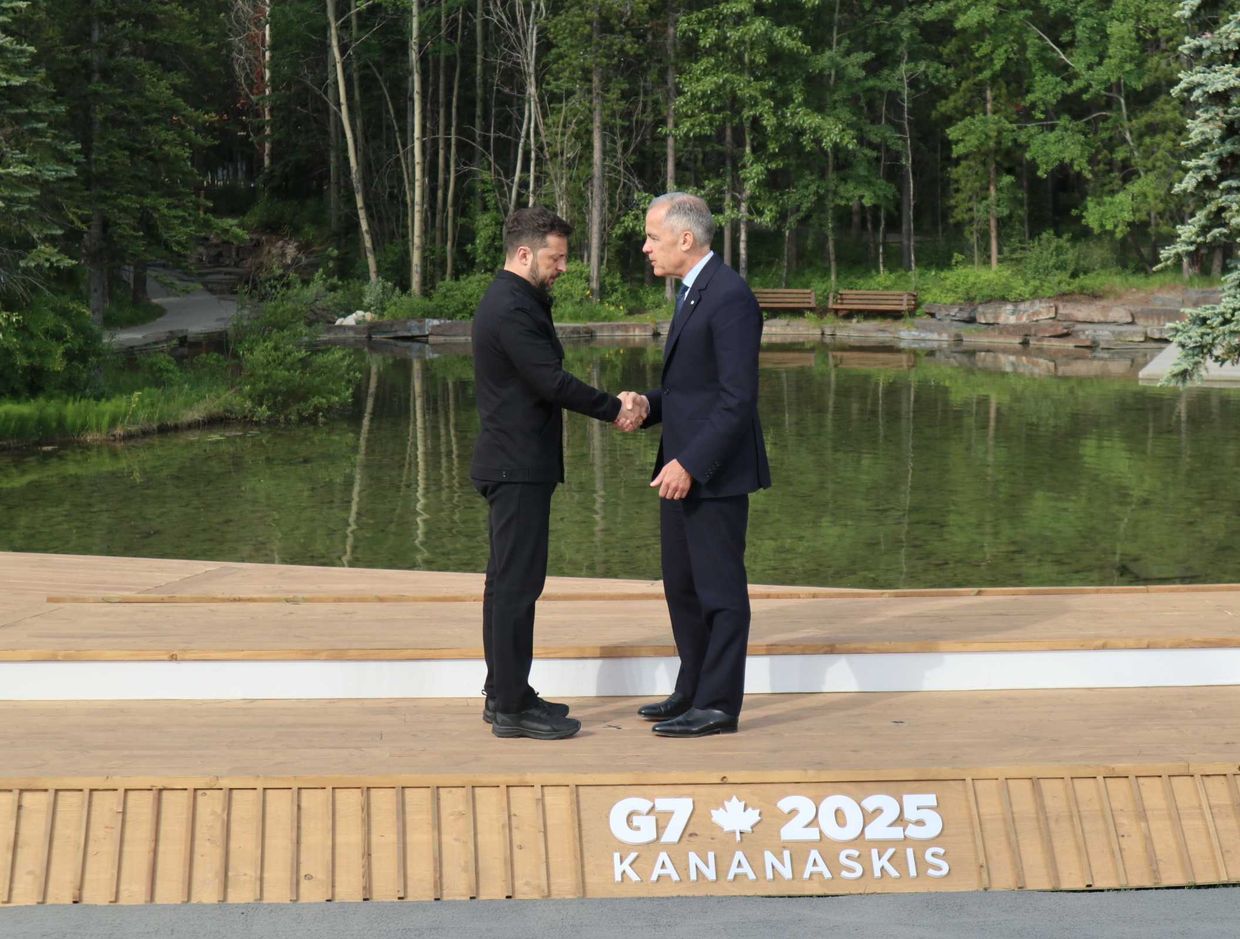
"To be absolutely clear, this support will be unwavering until we get a just peace for Ukraine and the Ukrainian people," Canadian Prime Minister Mark Carney said on June 17.
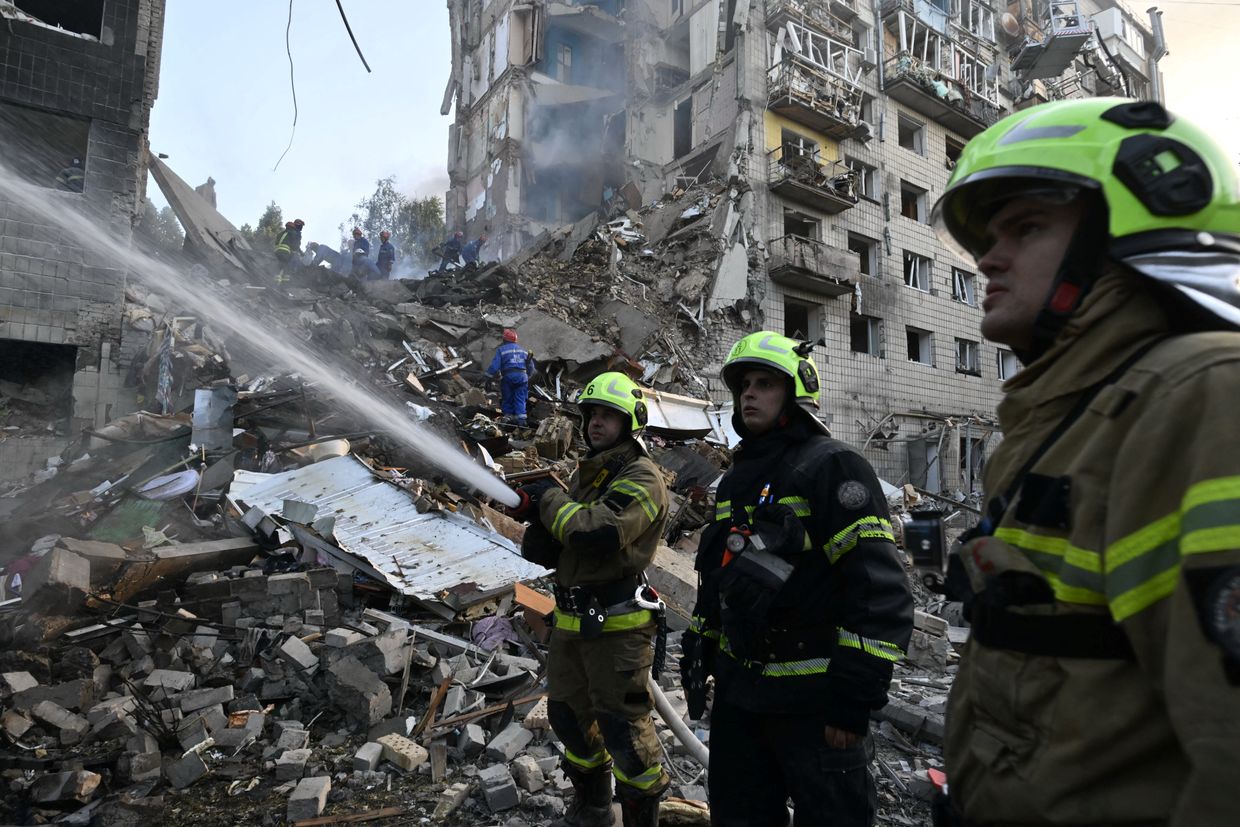
30 people have been killed and 172 others injured after a mass Russian missile and drone attack on Kyiv overnight on June 17.
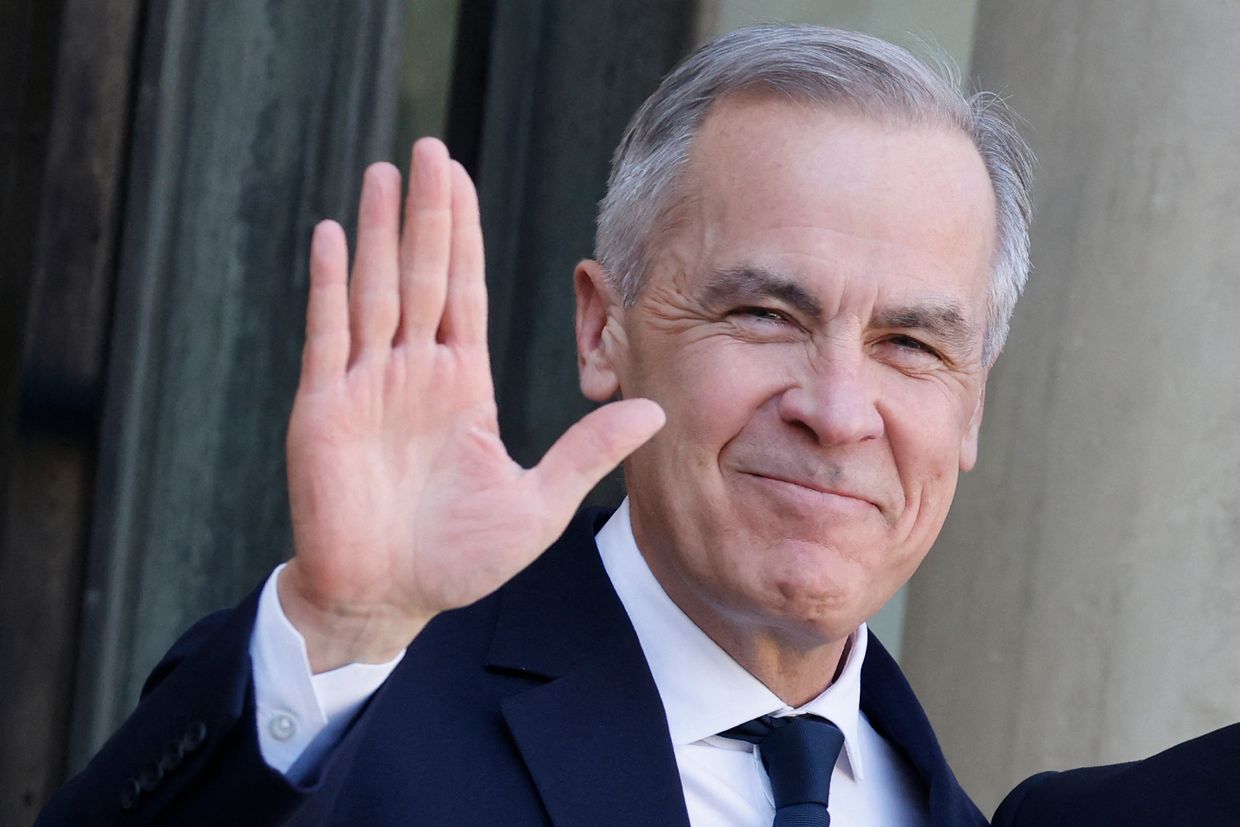
Canada's Prime Minister Mark Carney is expected to announce additional support for Ukraine during the G7 summit, CBC News reported on June 16, citing government sources.
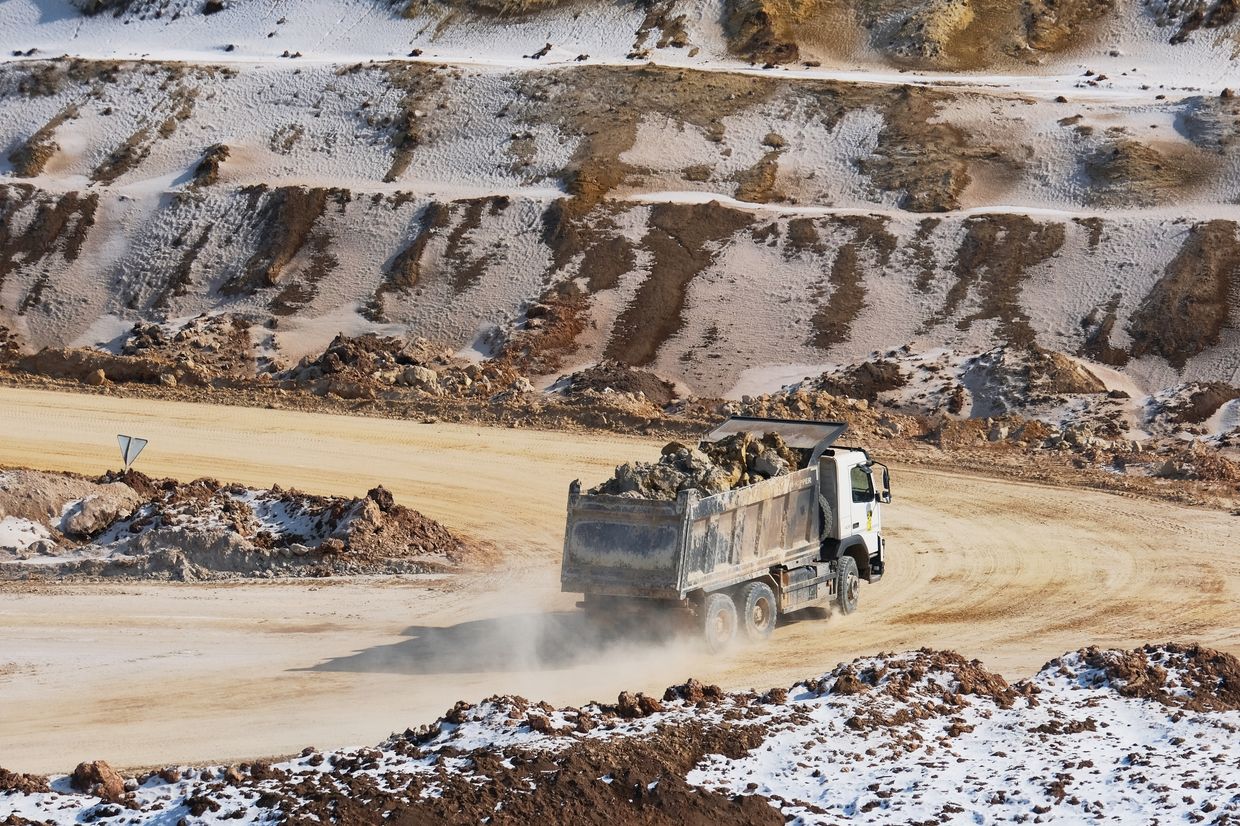
On June 16, the Ukrainian government reportedly agreed to begin drafting recommendations for a bidding process to develop the Dobra lithium field in central Ukraine.
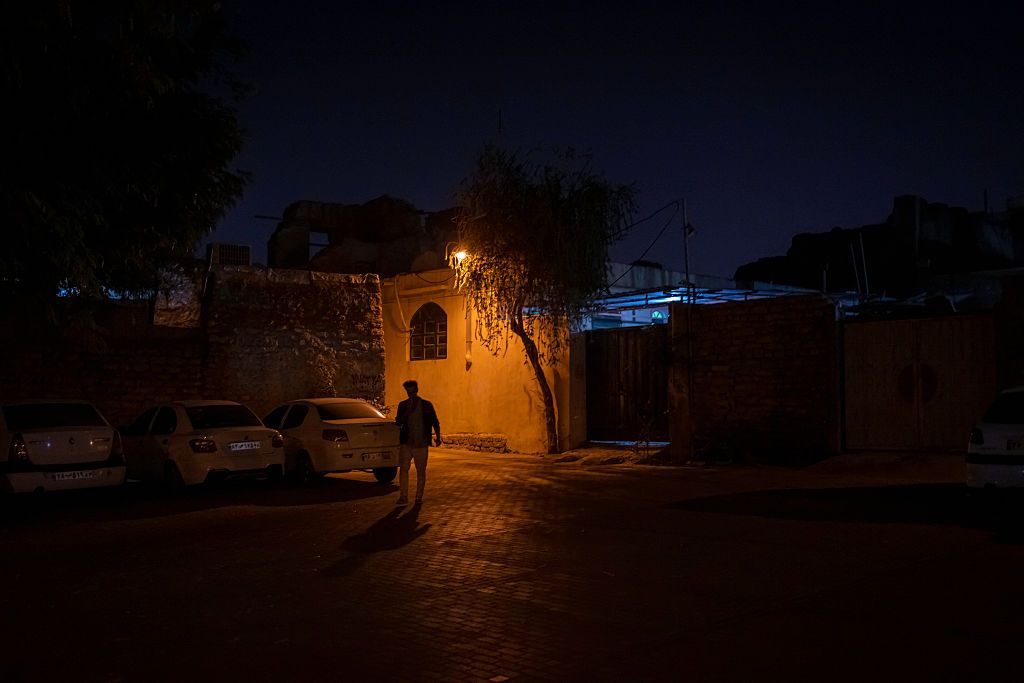
Iran has partially suspended production at the South Pars gas field — the world’s largest — after an Israeli airstrike triggered a fire at the site, the semi-official Tasnim news agency reported on June 14.

Germany aims to increase domestic military spending in response to Russia’s ongoing threat and amid calls by U.S. President Donald Trump for Europe to shoulder more of its own defense.
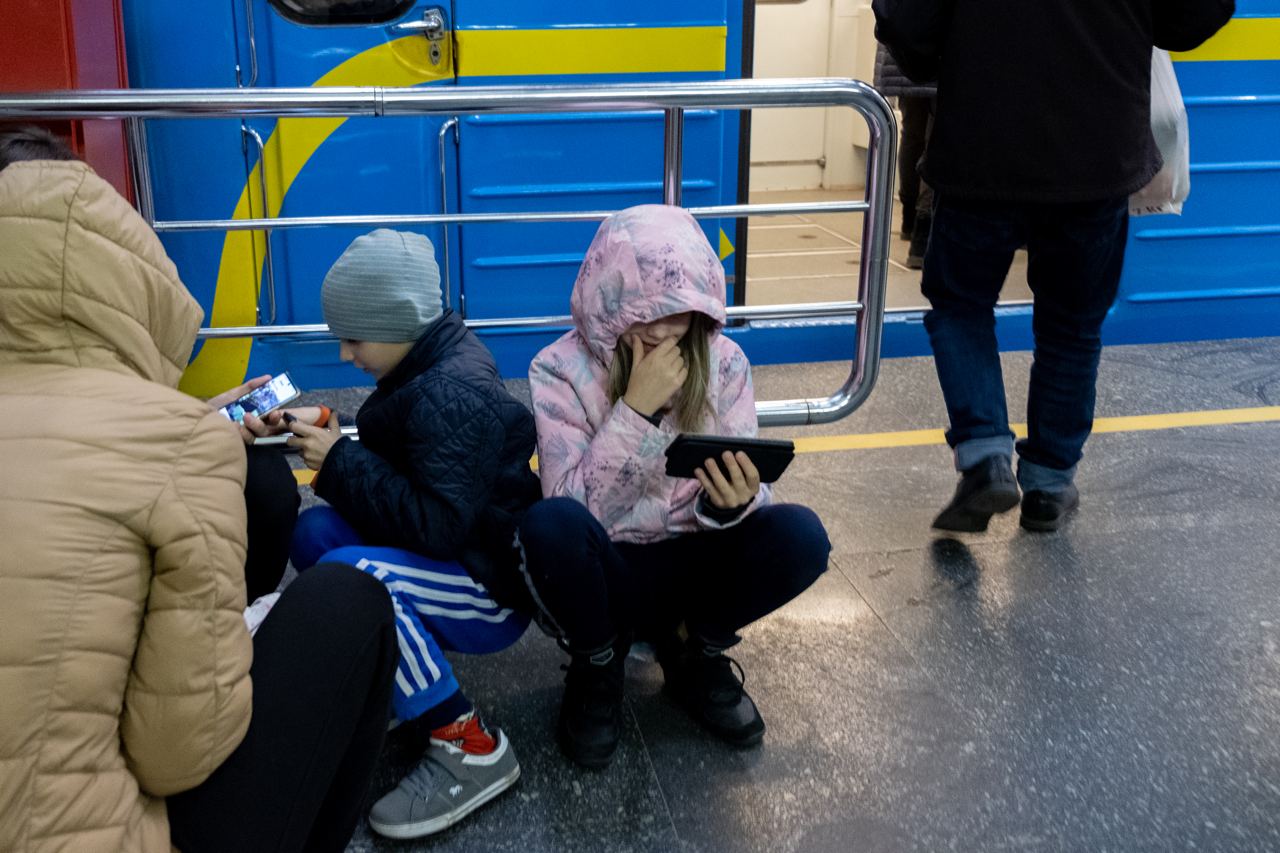
Russia has transferred 50 children from the occupied Antratsyt district of Luhansk Oblast to a so-called rehabilitation camp in Kalmykia, Ukraine’s Center for Countering Disinformation reported on June 14.
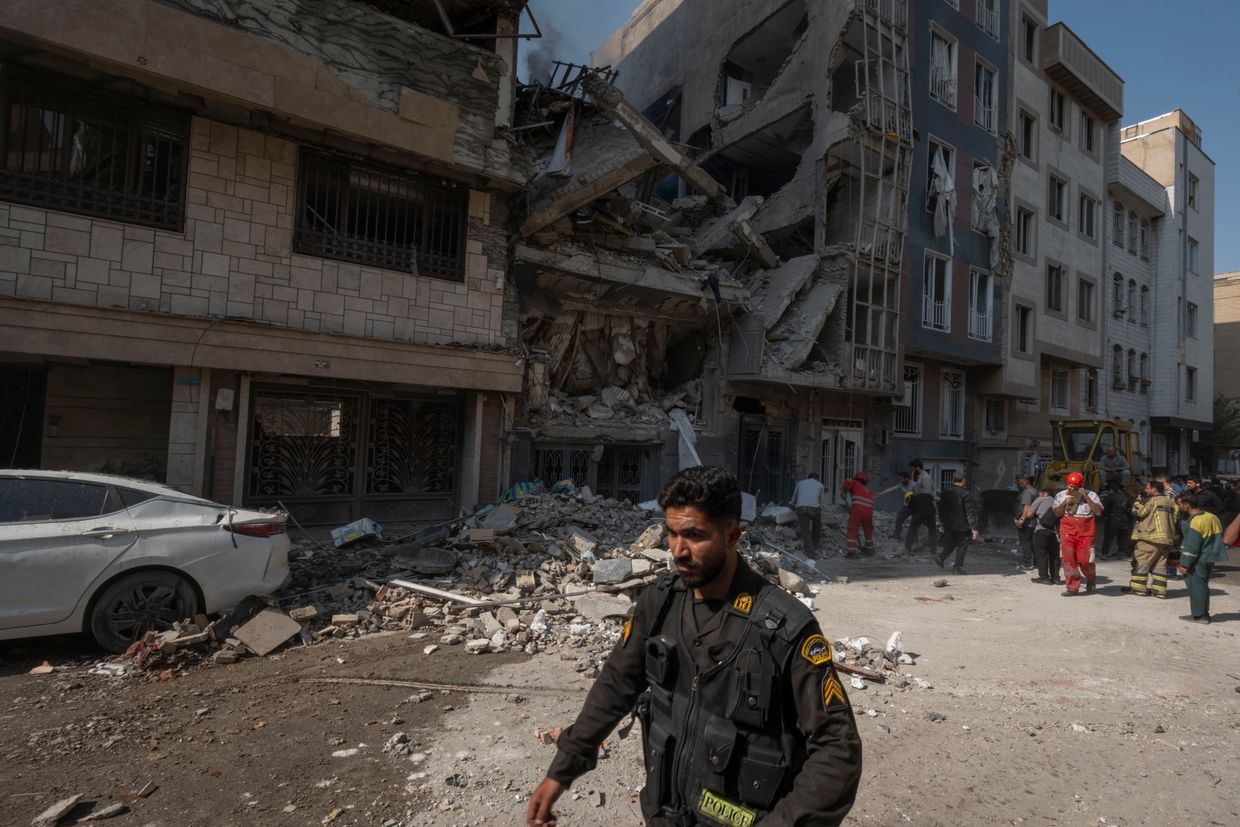
The request comes as Israel continues its assault on Iranian targets and warns that it lacks the capability to destroy Fordow uranium enrichment site alone.
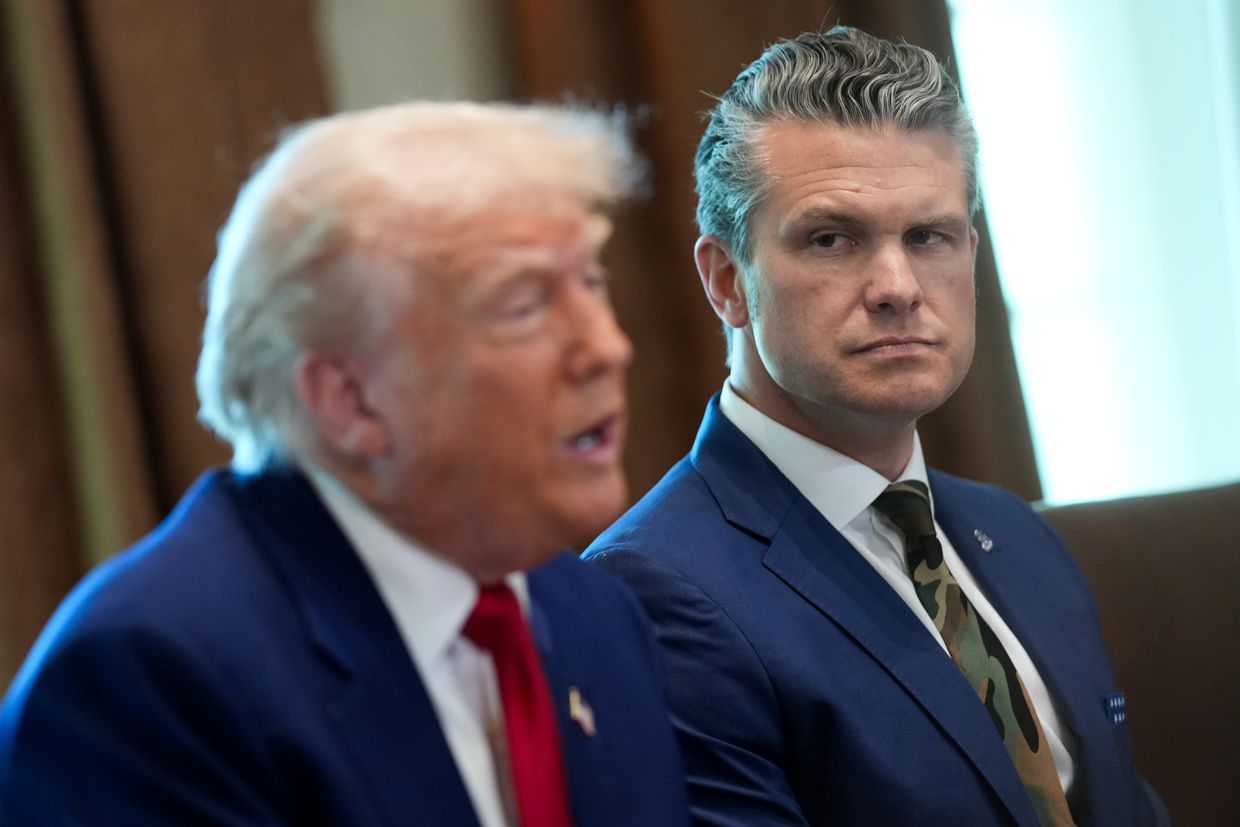
U.S. Defense Secretary Pete Hegseth on June 11 stood by the administration’s approach, portraying a U.S.-brokered peace deal as a sign of strength and admitting that any agreement would inevitably leave “plenty of people on both sides” dissatisfied.
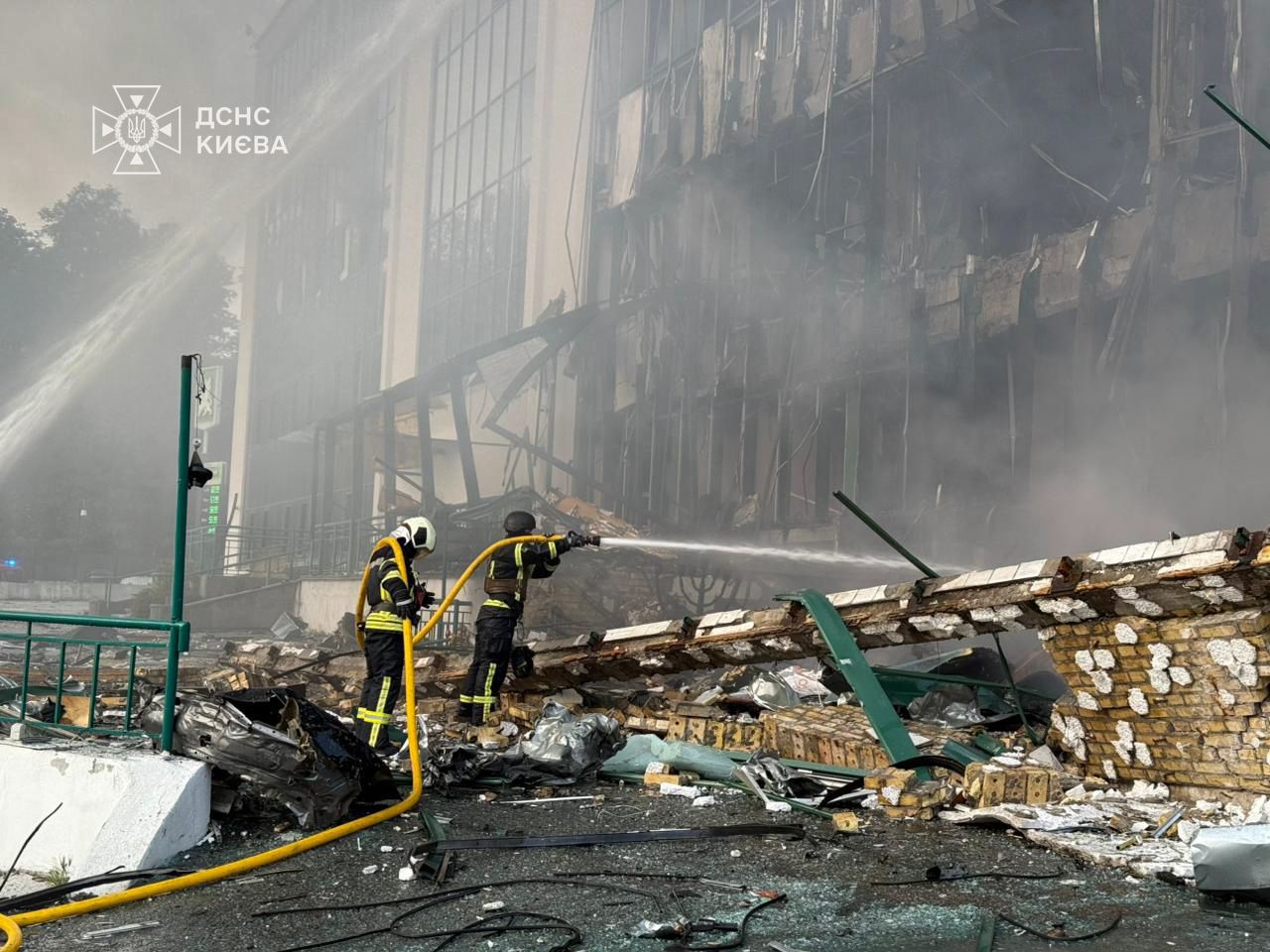
In the early hours of June 10, Kyiv and Odesa came under another mass Russian attack, involving ballistic missiles and drones.

U.S. prosecutors have charged cryptocurrency entrepreneur Iurii Gugnin with laundering over $500 million and helping sanctioned Russian entities bypass export controls.
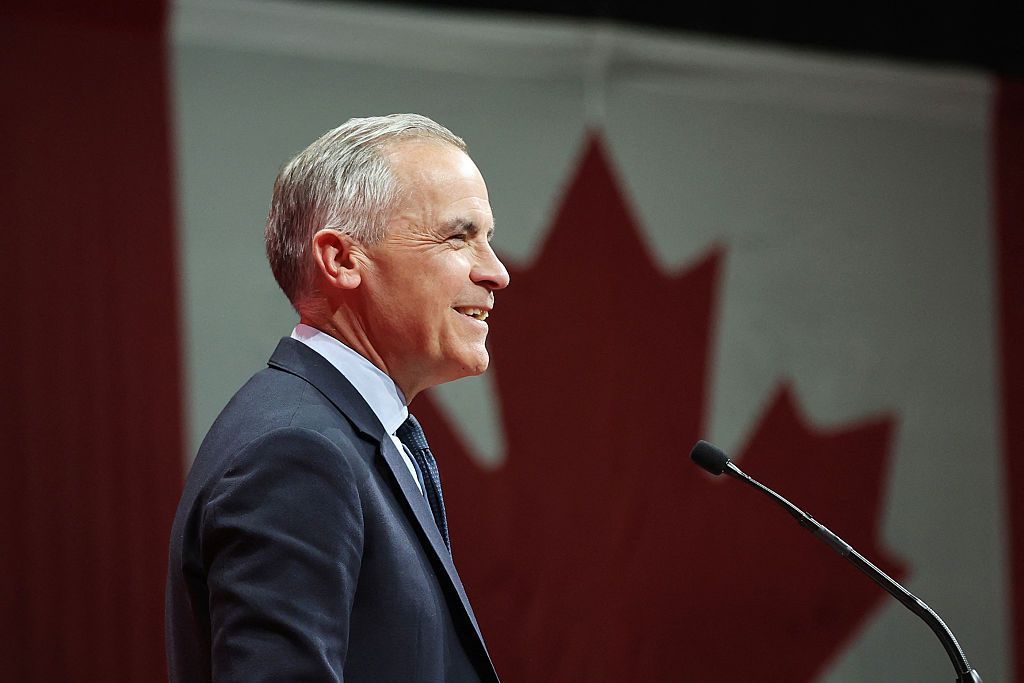
Speaking at the University of Toronto, Canada's Prime Minister Mark Carney said the move is part of a strategic pivot away from reliance on the U.S. and toward deeper cooperation with the European Union, citing growing security threats from Russia, China, and other adversaries.
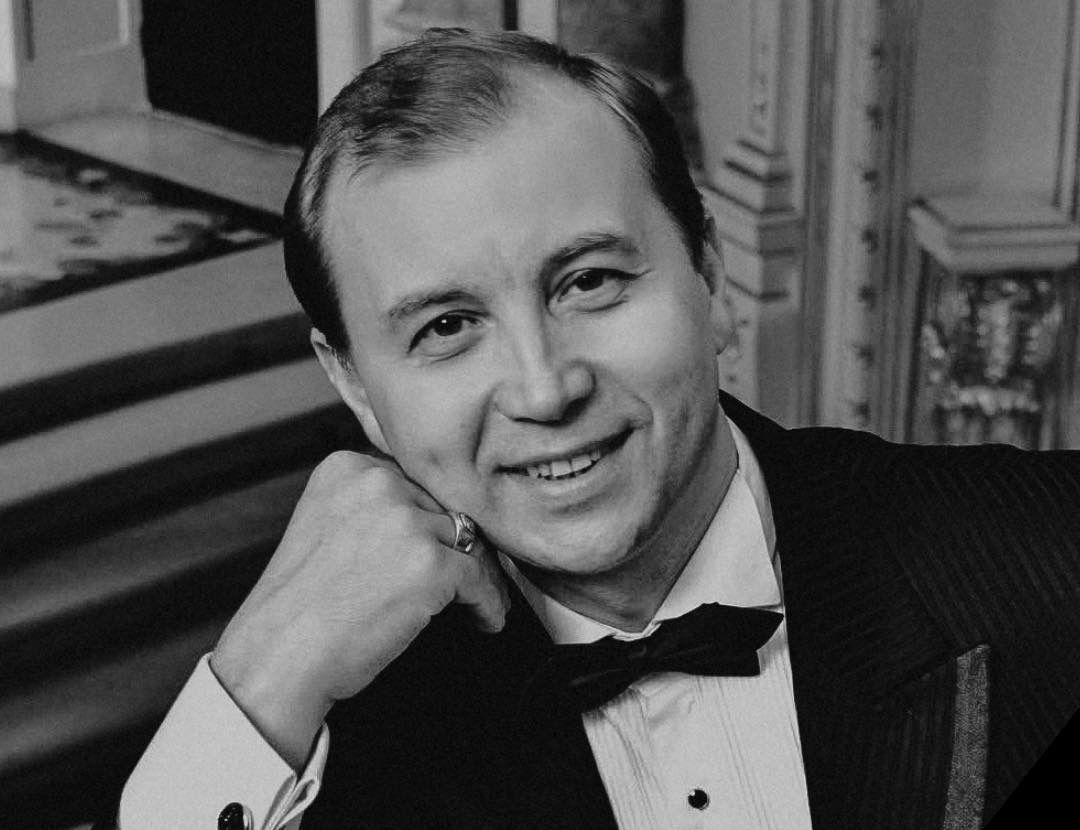
Vladyslav Horai, a renowned tenor and soloist of the Odesa National Opera, was killed in Ukraine’s northeastern Sumy Oblast while on a volunteer mission, the opera house reported on June 8.
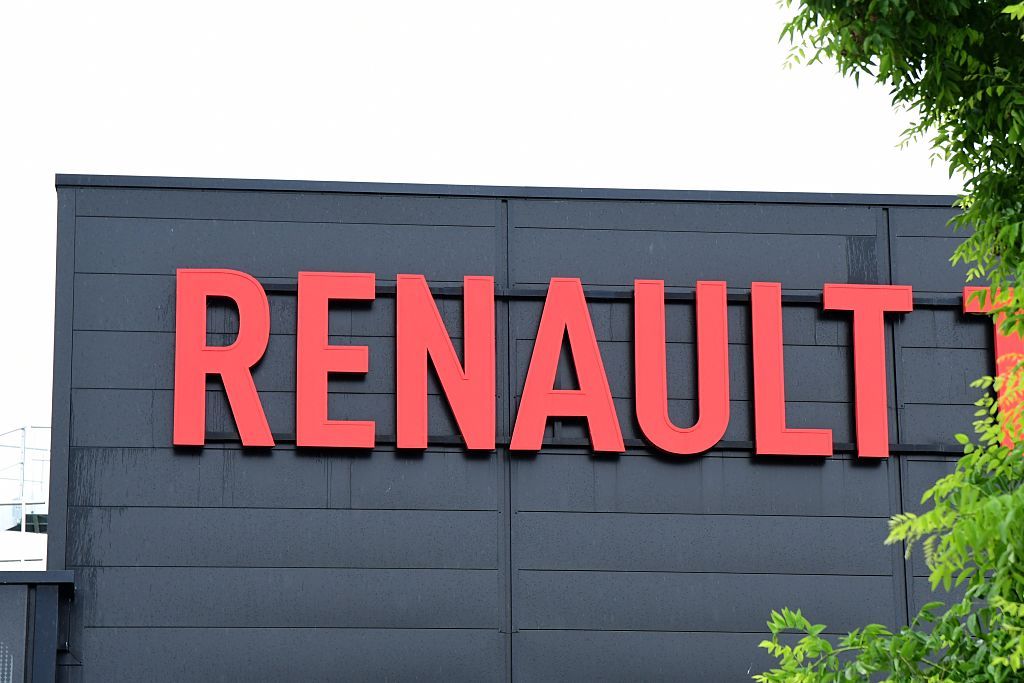
Renault will partner with a small French defense company to equip production lines on Ukrainian territory, with the drones expected to serve both Ukrainian and French military forces, according to France Info.
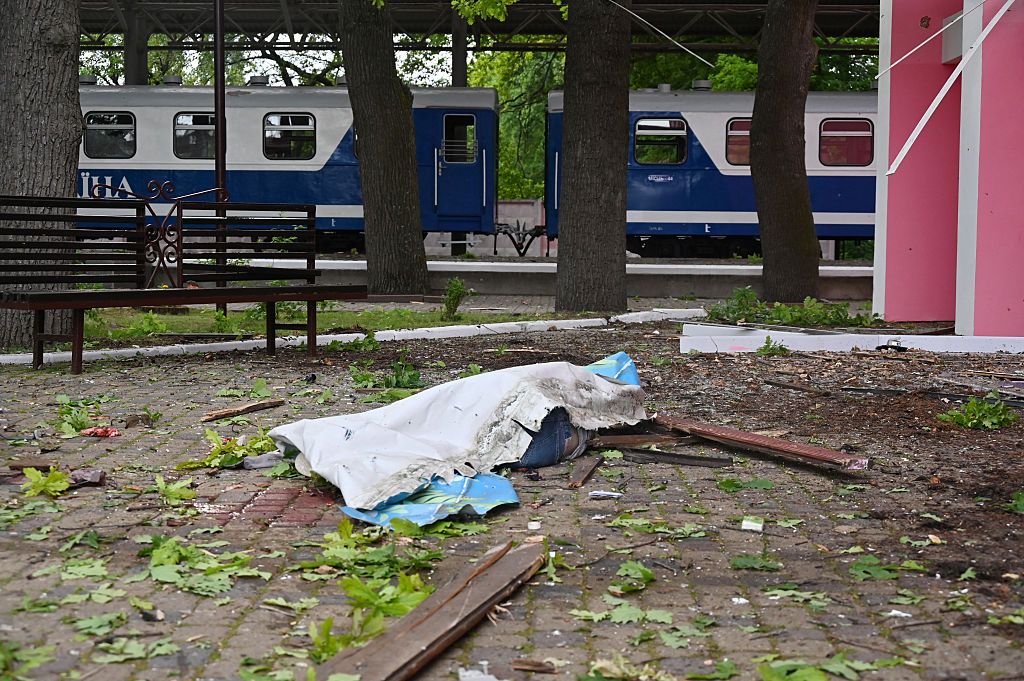
"These Russian strikes are not 'retaliation' but acts of destruction," the president said as Russia attacked the city of Kharkiv with KAB guided bombs the evening of June 7, killing at least two people.
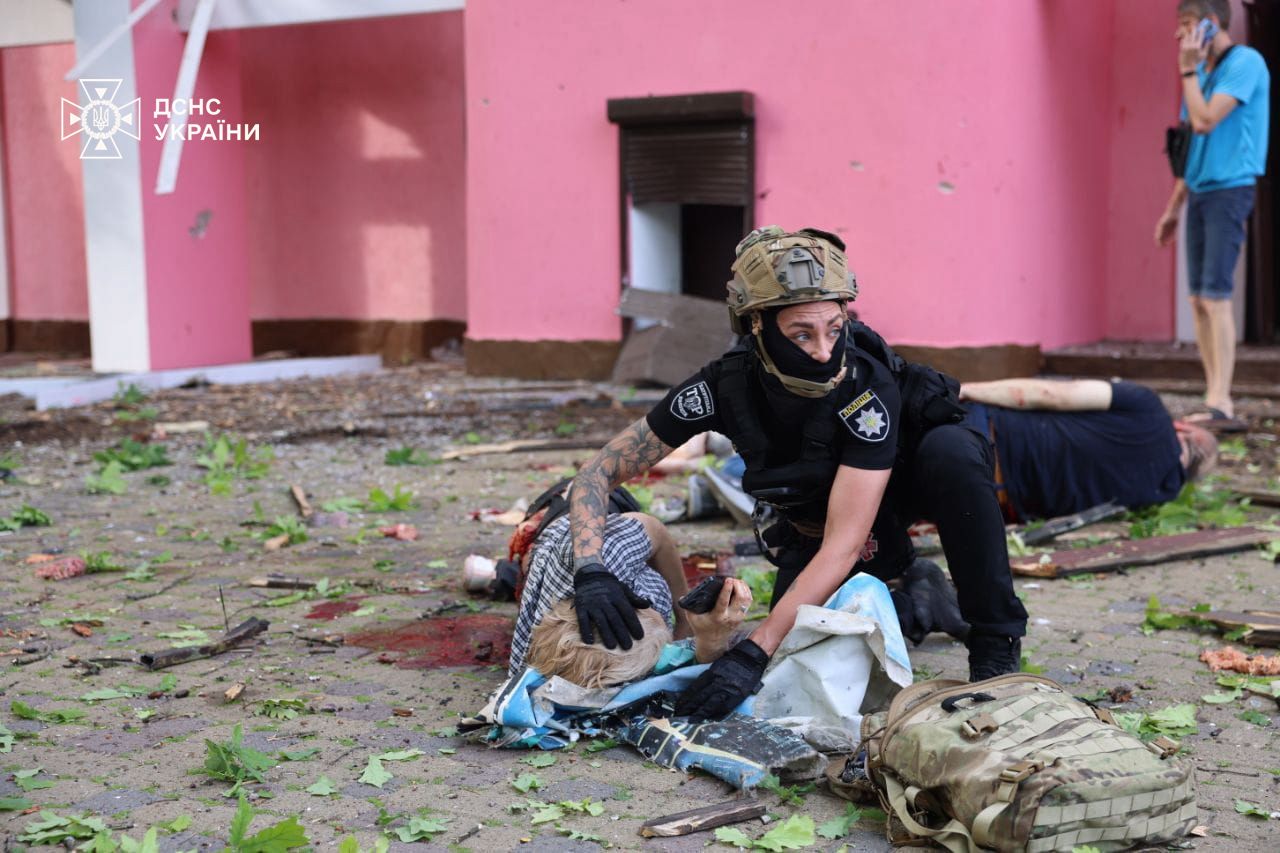
Russia attacked the city of Kharkiv with KAB guided bombs the evening of June 7, killing a woman and a man and injuring at least 18 people. The total confirmed death toll stands at five as of June 11.
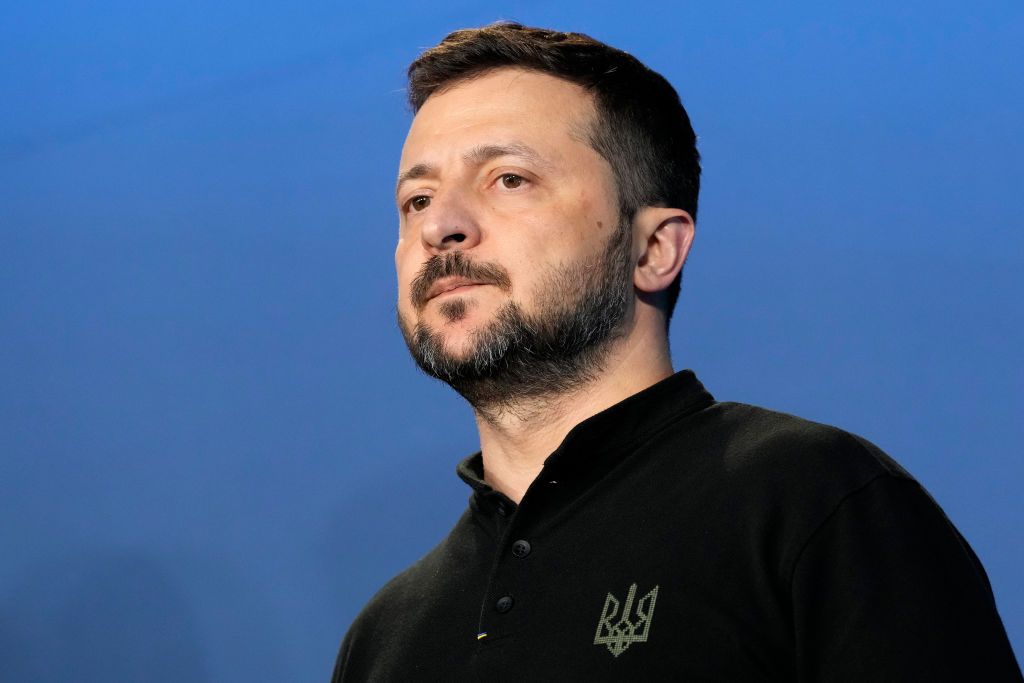
President Volodymyr Zelensky plans to meet U.S. President Trump during the G7 summit in Alberta on June 15–17, Presidential Office head Andriy Yermak said.
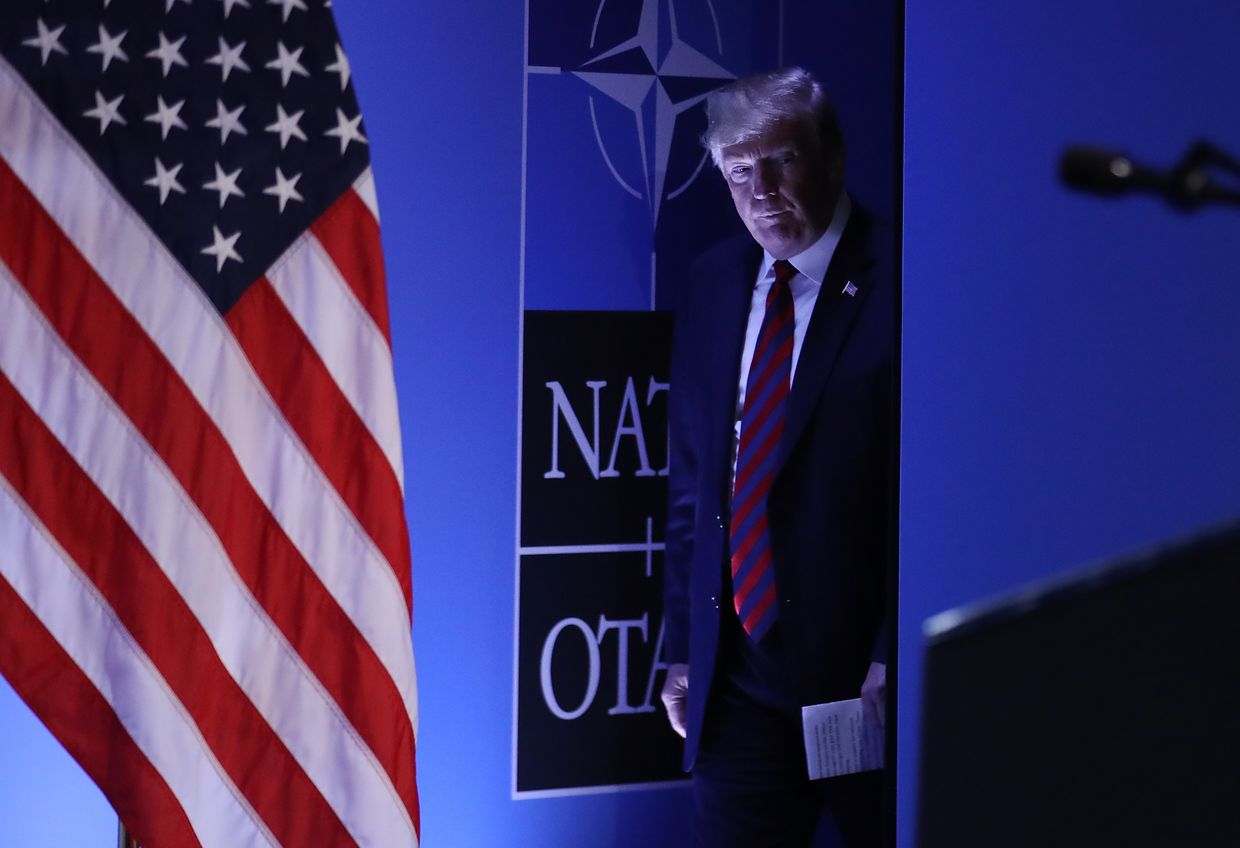
Despite Trump’s current stance, the European Union has maintained public pressure on China, both through diplomatic channels and public statements.
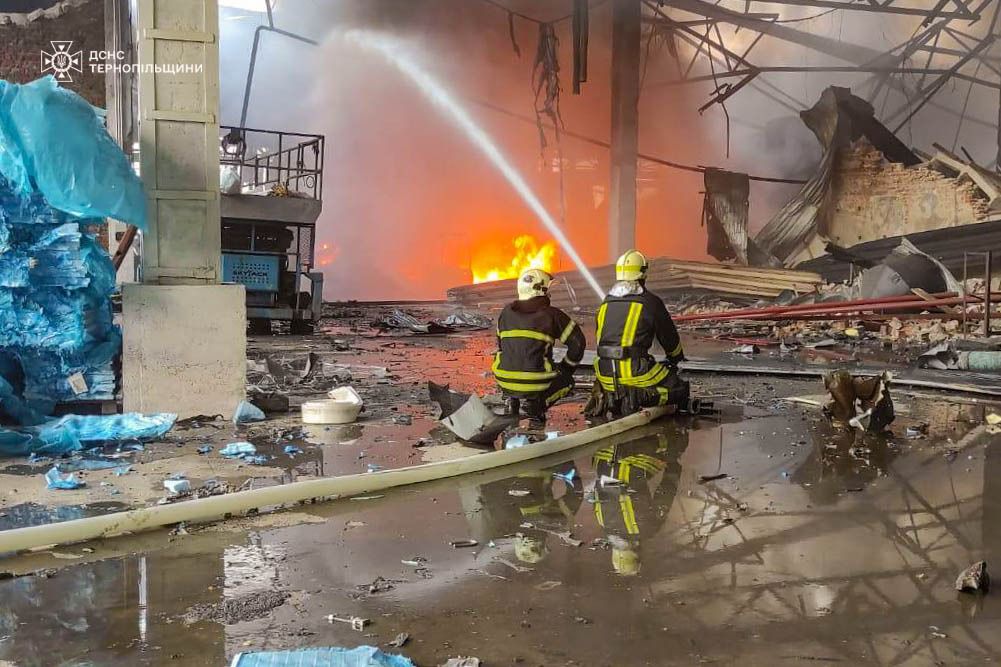
The attack killed three first responders in Kyiv and injured civilians across the country, including cities far from the front lines in western Ukraine.
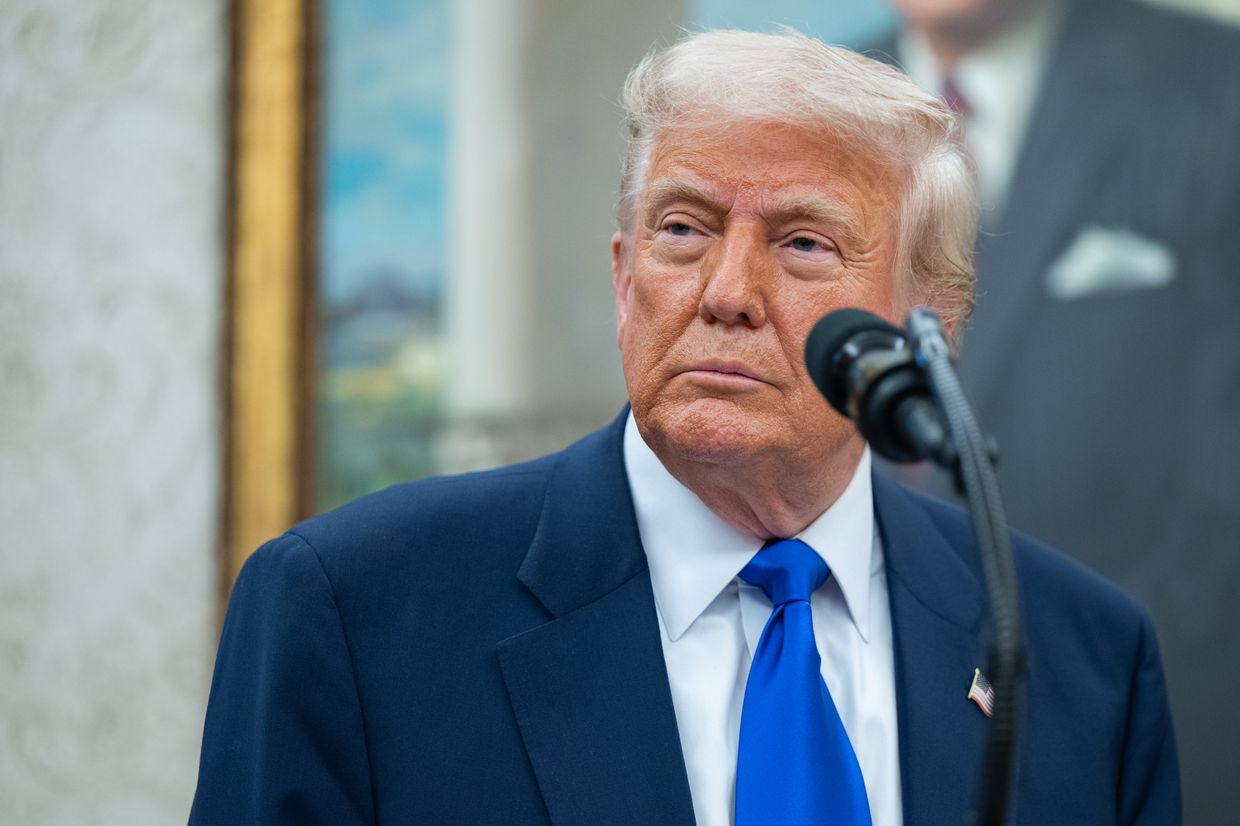
President Donald Trump likened the war between Russia and Ukraine to a fight between two children in a park, suggesting it might be better to let them clash for a while before stepping in, given the depth of animosity between them.
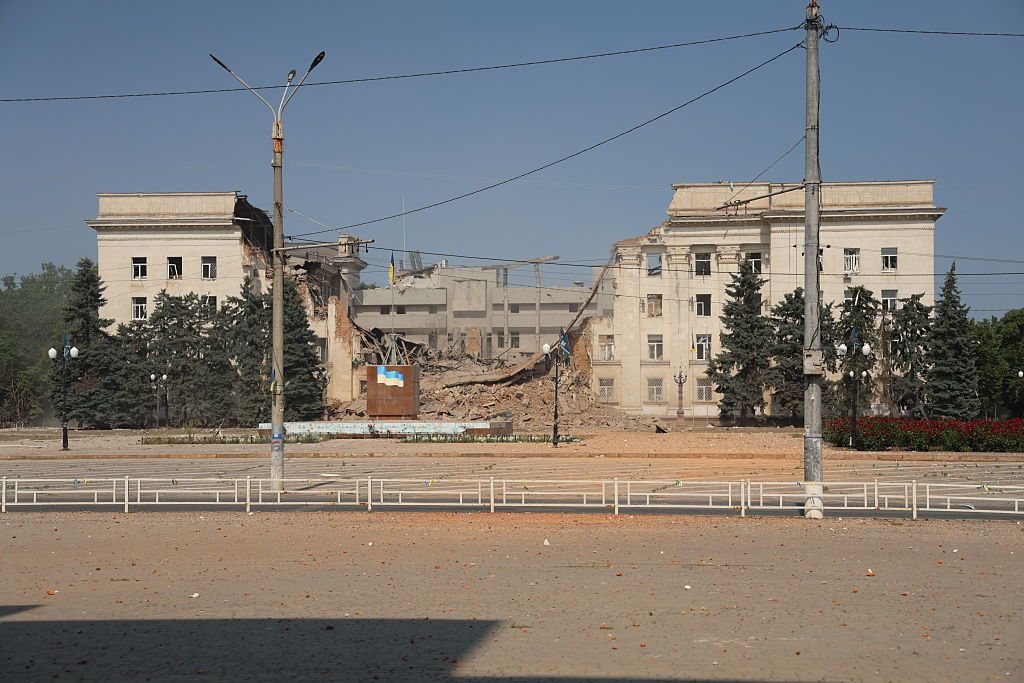
Russian forces launched high-explosive bombs at the center of Ukraine's southern city of Kherson on June 5, hitting and partially destroying the Regional State Administration building and damaging several surrounding structures.
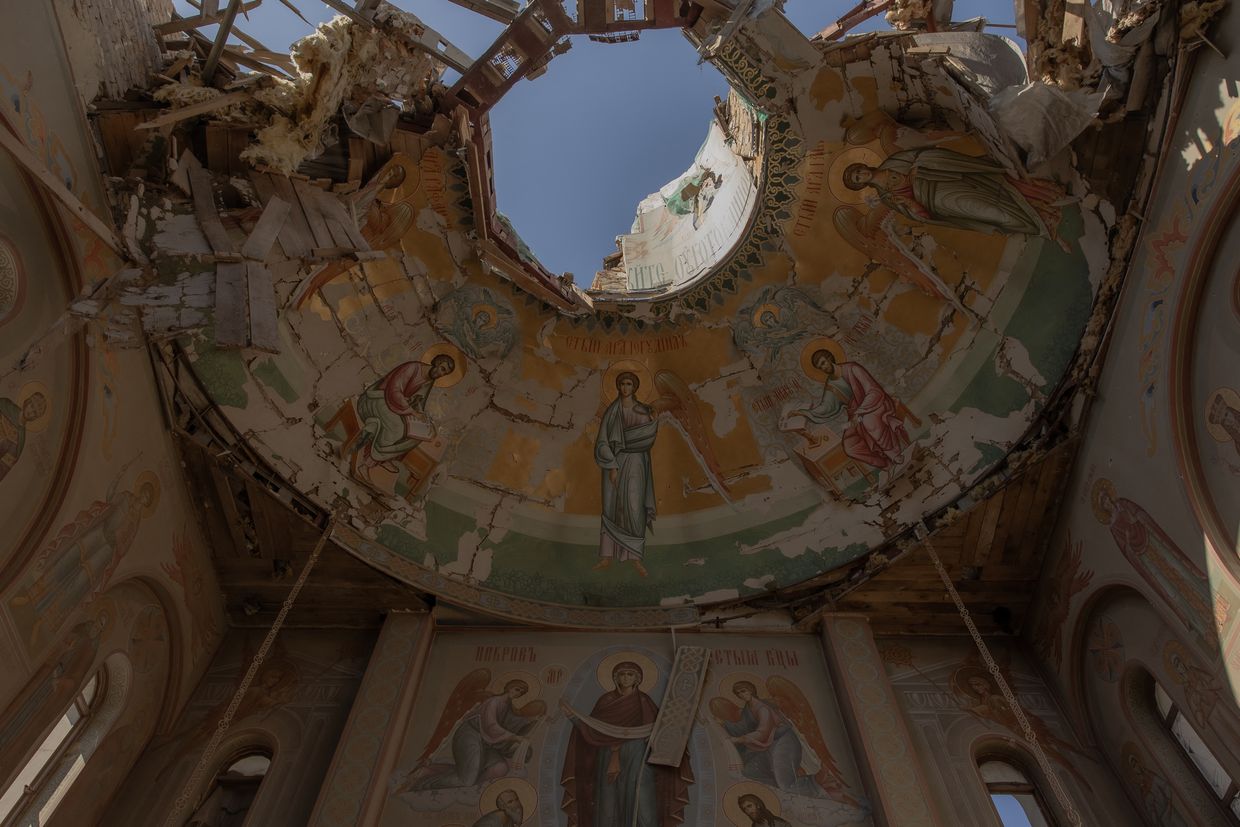
Russia wants the Vatican to "take a more active role" in advocating for what it described as freedom of religion in Ukraine, the Kremlin said in a statement on June 4 following recent diplomatic contacts.
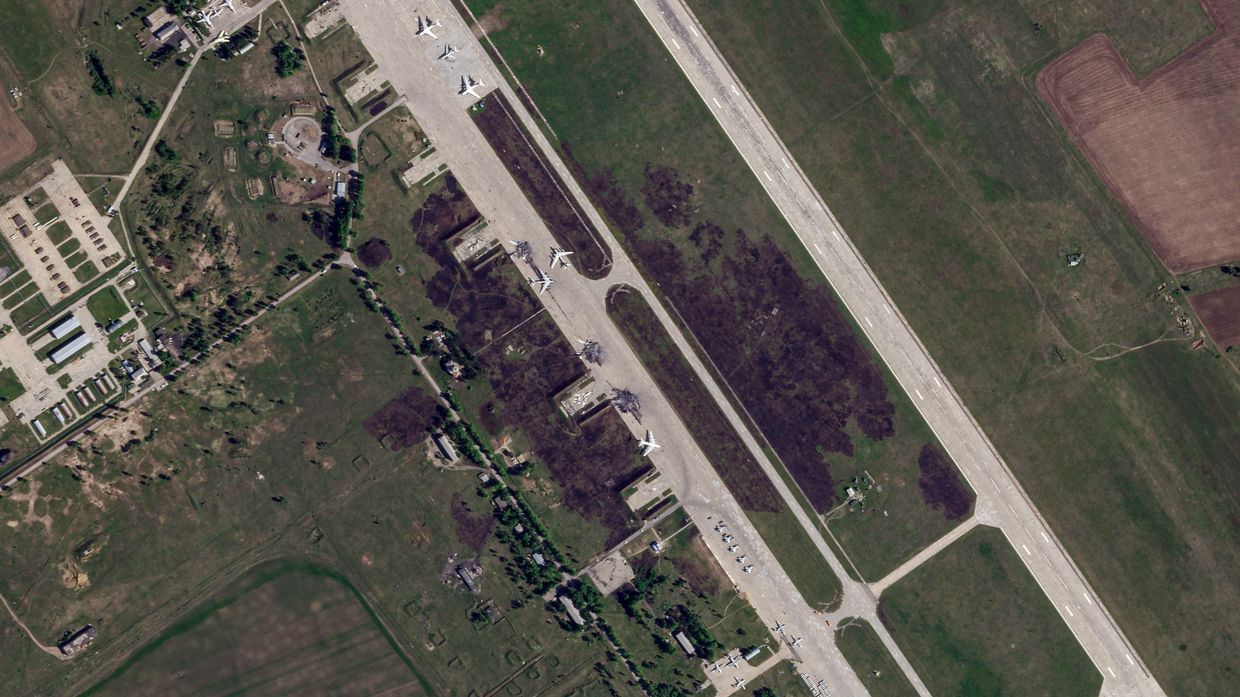
On June 4, Kremlin spokesperson Dmitry Peskov acknowledged the incident, saying Putin had been informed about the strike and that Russia’s Investigative Committee had launched a probe.
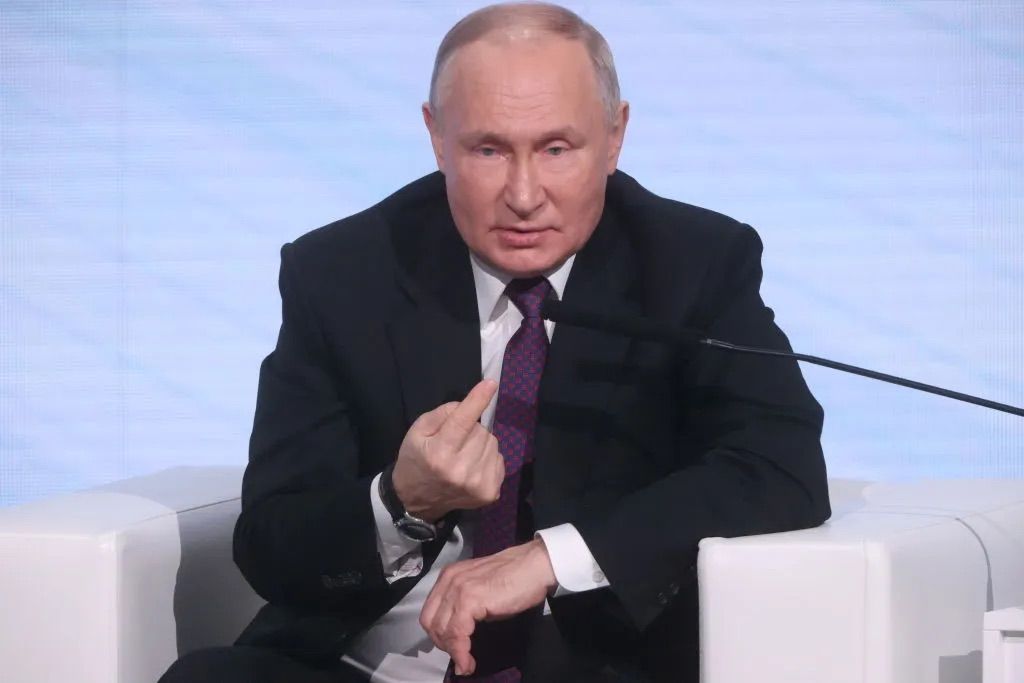
Russian President Vladimir Putin on June 4 accused Ukraine of being governed by a terrorist regime that deliberately targets civilians and claimed it is continuing to lose the war. He rejected the possibility of holding talks.
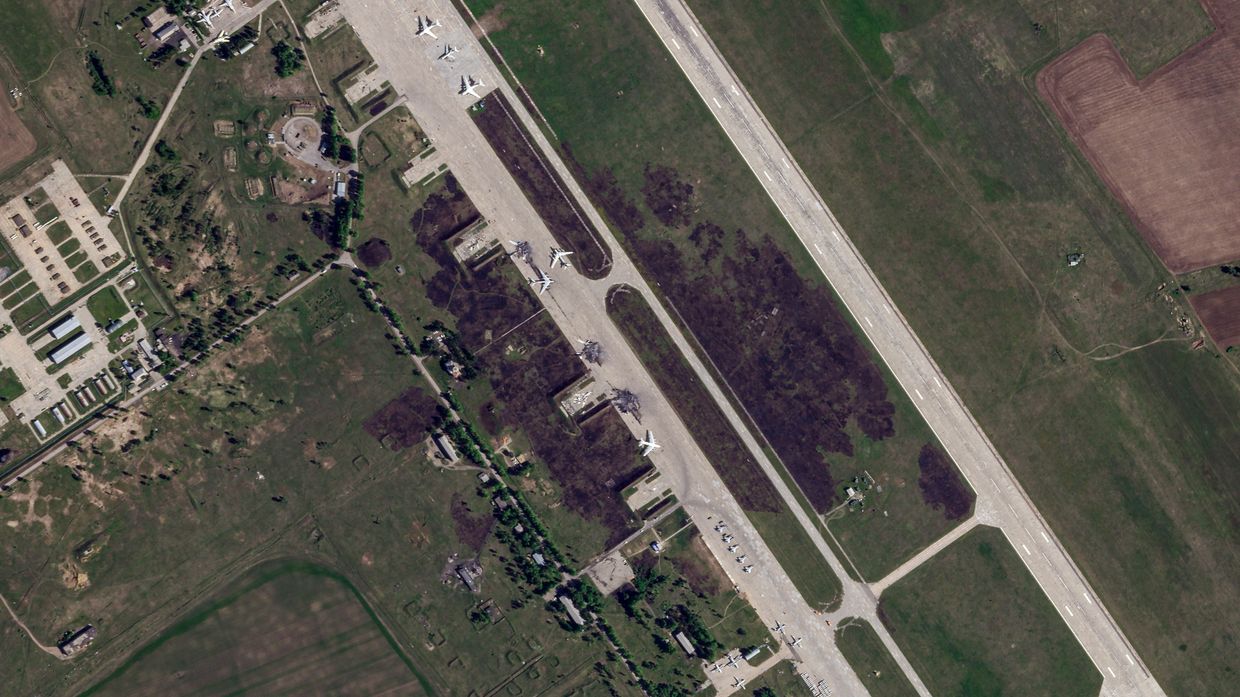
On June 1, the SBU conducted an operation using first-person-view (FPV) drones that were smuggled deep inside Russia and concealed in trucks, successfully striking 41 Russian heavy bombers and causing an estimated $7 billion in damage.
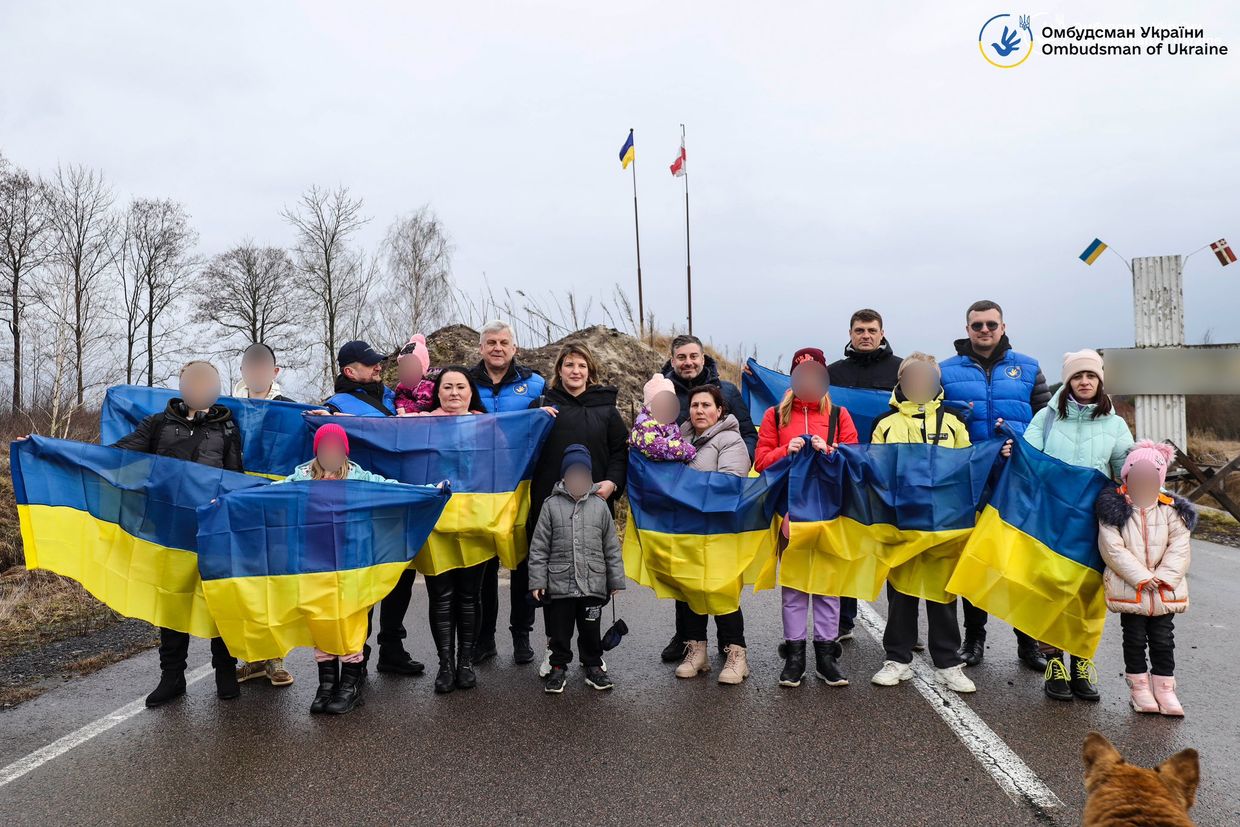
President Volodymyr Zelensky said that during the June 2 negotiations in Istanbul, Russian representatives dismissed Ukraine's efforts to raise the issue of abducted Ukrainian children as a "show for childless European old ladies."
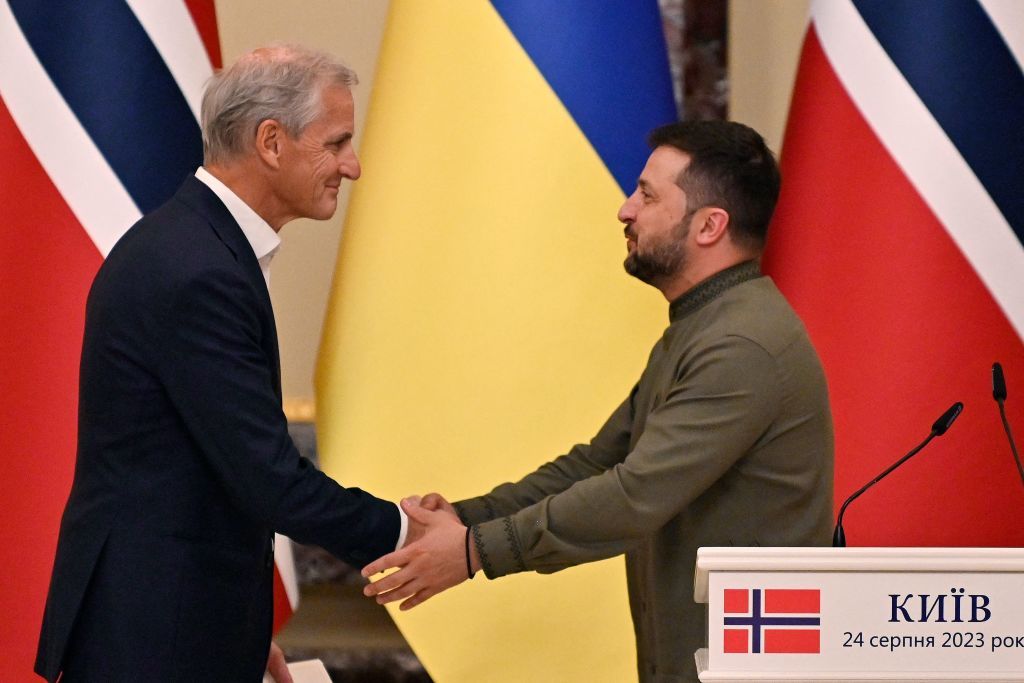
"We agreed that we will look for opportunities to close any deficit, which may arise if everything is not restored (Ukrainian gas production infrastructure affected by Russian attacks), if we cannot fully provide our population with gas," Zelensky said.

"I told (Turkish President Recep Tayyip Erdogan) that I support a meeting at the level of leaders, because I have the impression that there will be no ceasefire without our meeting," Zelensky said on June 2.
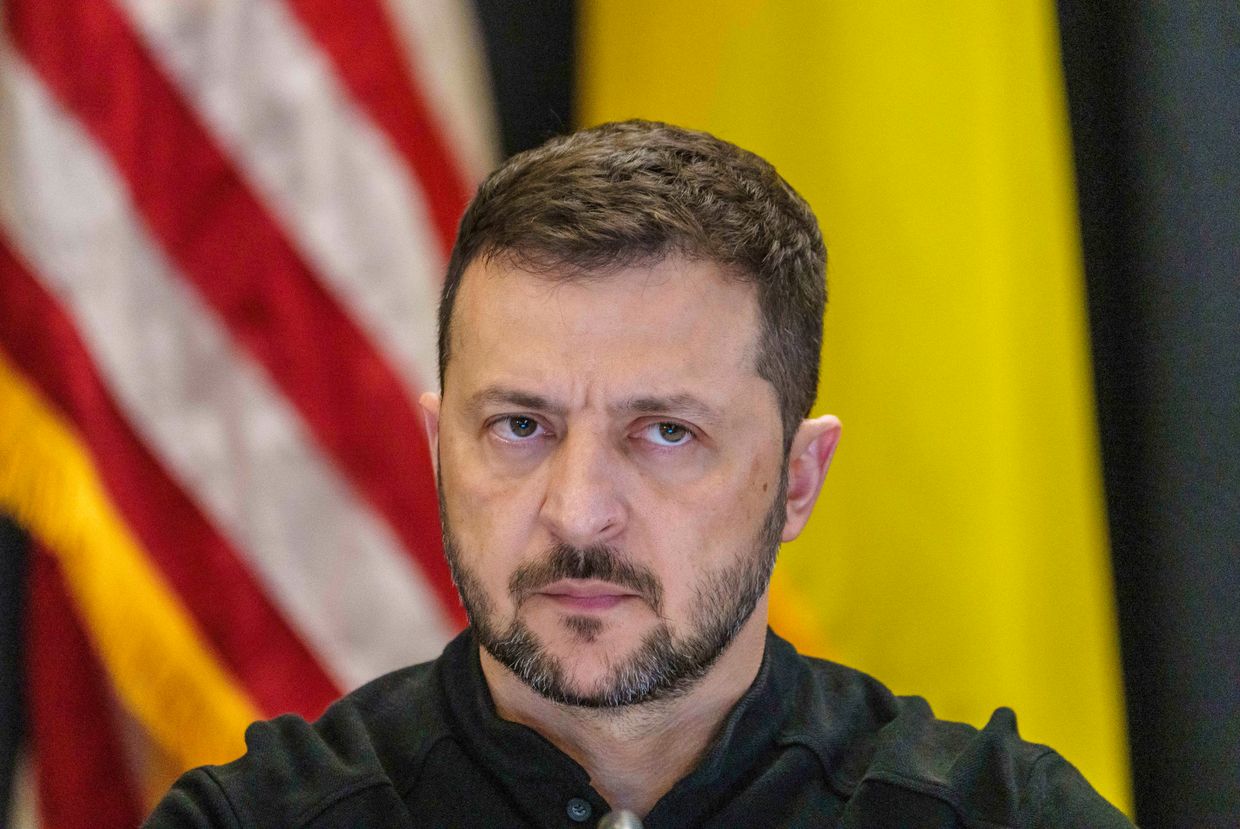
"They just don’t see a ceasefire as such at the moment," President Volodymyr Zelensky said on June 2, commenting on Russia's proposal. "I think they’re idiots, because, fundamentally, a ceasefire is meant so that there are no dead."

Ukraine and its partners are still waiting to see what, if anything, Russia plans to present at the upcoming peace talks in Turkey scheduled for June 2, President Volodymyr Zelensky said.
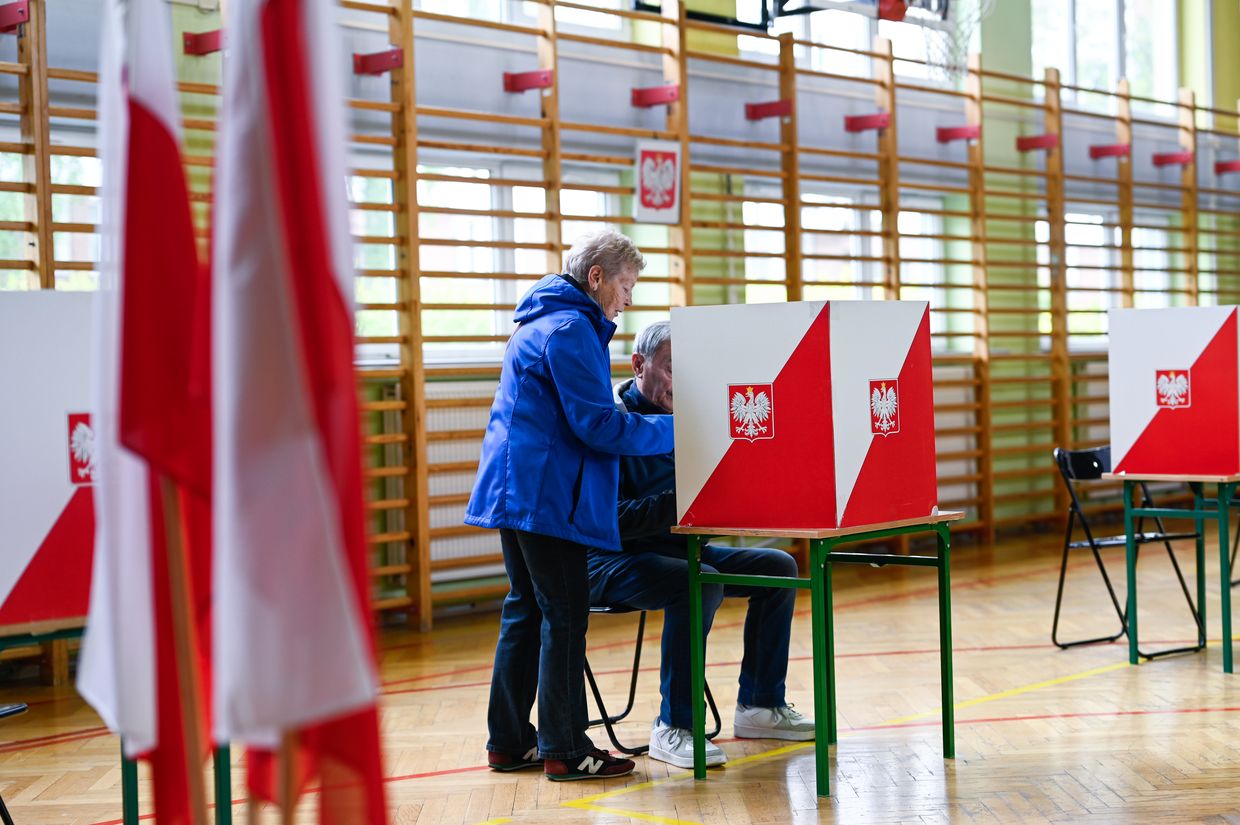
Russia-aligned actors are amplifying anti-Ukrainian sentiment through coordinated campaigns across platforms such as X (formerly Twitter), Bluesky, Facebook, and Telegram, according to a new investigation by the Institute for Strategic Dialogue.



